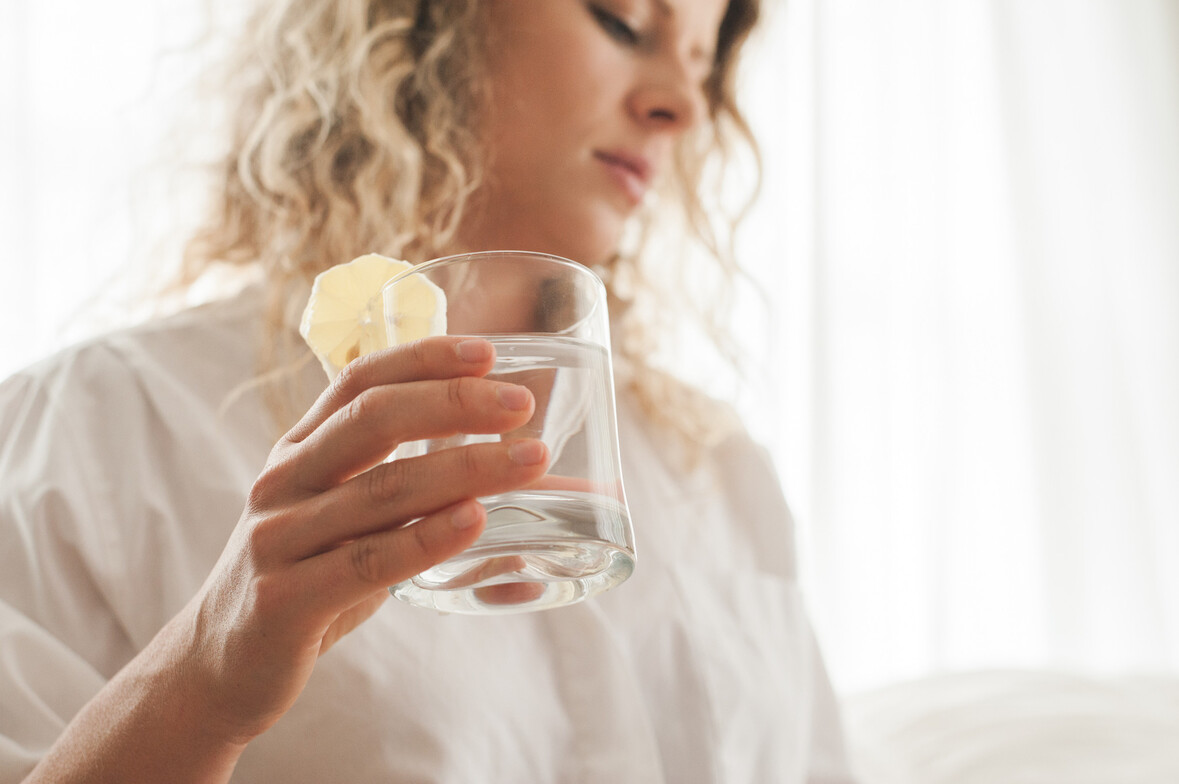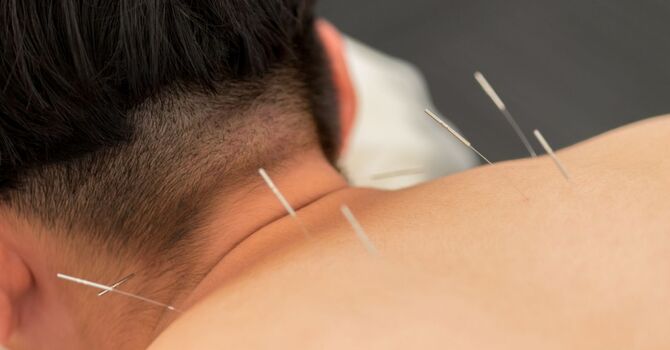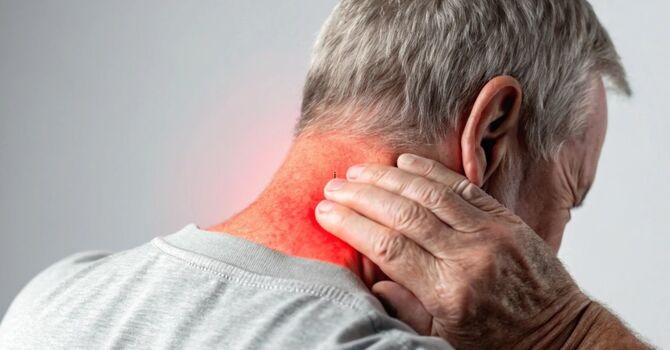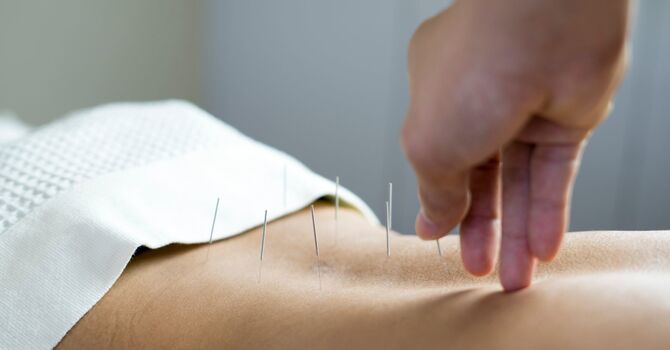
Bladder Health: Simple Habits for Better Urinary Wellness
Bladder health isn’t always top of mind—until something feels off. Whether it’s frequent trips to the bathroom, discomfort, or bladder control issues, taking care of your urinary system is key to overall well-being, daily comfort, and confidence. The good news? A few simple lifestyle shifts can go a long way in supporting healthy bladder function and preventing future concerns.
Let’s explore why bladder health matters and how to promote it with TCM-inspired and everyday wellness practices.
Why Bladder Health Is So Important
Your bladder’s job is to store and release urine efficiently, helping your body eliminate waste. When it’s not functioning optimally, issues like frequent urination, discomfort, or incontinence can disrupt your routine and quality of life.
In Traditional Chinese Medicine (TCM), the Kidneys and Bladder work together to regulate fluid balance and eliminate waste. When Qi (the circulation of oxygenated and nutrient-rich blood) in the Bladder is weak or stagnant, symptoms like urinary urgency, leakage, or discomfort may arise. By supporting fluid metabolism and maintaining strong pelvic health, you can keep your urinary system functioning smoothly.
How to Support Bladder Health Naturally
Occupational therapists, pelvic health specialists, and TCM practitioners all emphasize the importance of bladder-friendly habits to prevent discomfort and maintain long-term health.
1. Stay Hydrated, But Smartly
Aim to drink enough water to keep urine diluted and reduce irritation.
Avoid excessive caffeine, alcohol, and sugary drinks, which can overstimulate or irritate the bladder.
TCM Tip: Drinking warm water (instead of ice-cold drinks) supports the Kidneys and Bladder by preventing stagnation. Herbal teas like corn silk, nettle, or dandelion root can also promote urinary balance.
2. Strengthen Your Pelvic Floor
Pelvic floor exercises (Kegels) help improve bladder control and prevent leakage.
TCM Tip: Weak bladder control may be linked to Kidney Qi deficiency—acupuncture, herbal medicine, and strengthening exercises can help restore balance.
3. Use the Bathroom Regularly
Empty your bladder every 3-4 hours to prevent overstretching or weakening.
Avoid the habit of “just in case” urination, which can confuse your body’s natural urge-to-go signals.
TCM Tip: Incontinence or frequent urination may indicate Kidney Yang deficiency, which can be supported with warming herbs and acupuncture.
Everyday Habits for a Healthier Bladder
In addition to hydration, muscle strength, and mindful bathroom habits, these small lifestyle changes can have a big impact on bladder health:
Maintain a Balanced Diet: Foods rich in fiber help prevent constipation, reducing pressure on the bladder.
Manage Stress: Chronic stress can worsen bladder issues. Relaxation techniques like deep breathing, Qi Gong, and acupuncture can help regulate the nervous system and bladder function.
Prioritize Movement: Regular exercise supports circulation and prevents stagnation that can contribute to urinary concerns.
By focusing on these simple habits and integrating TCM principles, you can support a healthy bladder, prevent common discomforts, and maintain long-term urinary wellness.
When to Seek Professional Support
If you experience persistent discomfort, frequent infections, sudden urgency, or incontinence, it’s important to consult with a healthcare provider. Acupuncture, herbal medicine, and pelvic floor therapy can work alongside conventional care to restore balance and improve bladder function naturally.
Final Thoughts: Small Changes, Big Impact
Your bladder works hard for you every day—supporting it with hydration, movement, and mindful habits can make all the difference. Whether through TCM, acupuncture, pelvic health exercises, or simple dietary shifts, small daily actions help build a strong and resilient bladder for years to come.
Curious how acupuncture and TCM can support your urinary health? Book a consultation today and start your journey toward better balance and comfort.
The content in this blog is for informational purposes only and is not a substitute for professional medical advice, diagnosis, or treatment. Always consult your doctor or a qualified healthcare provider before trying new healthcare protocols.

Jaquelyn Taylor
Contact Me



